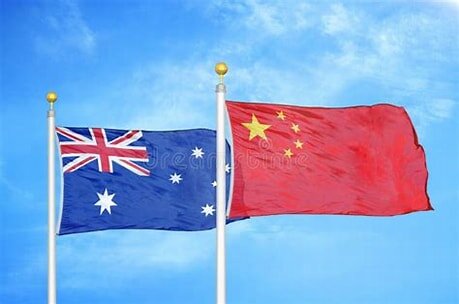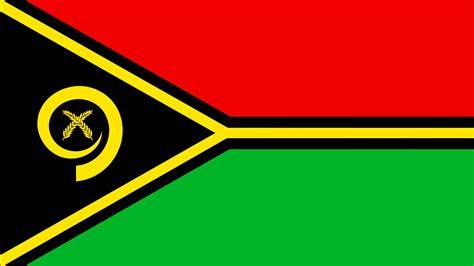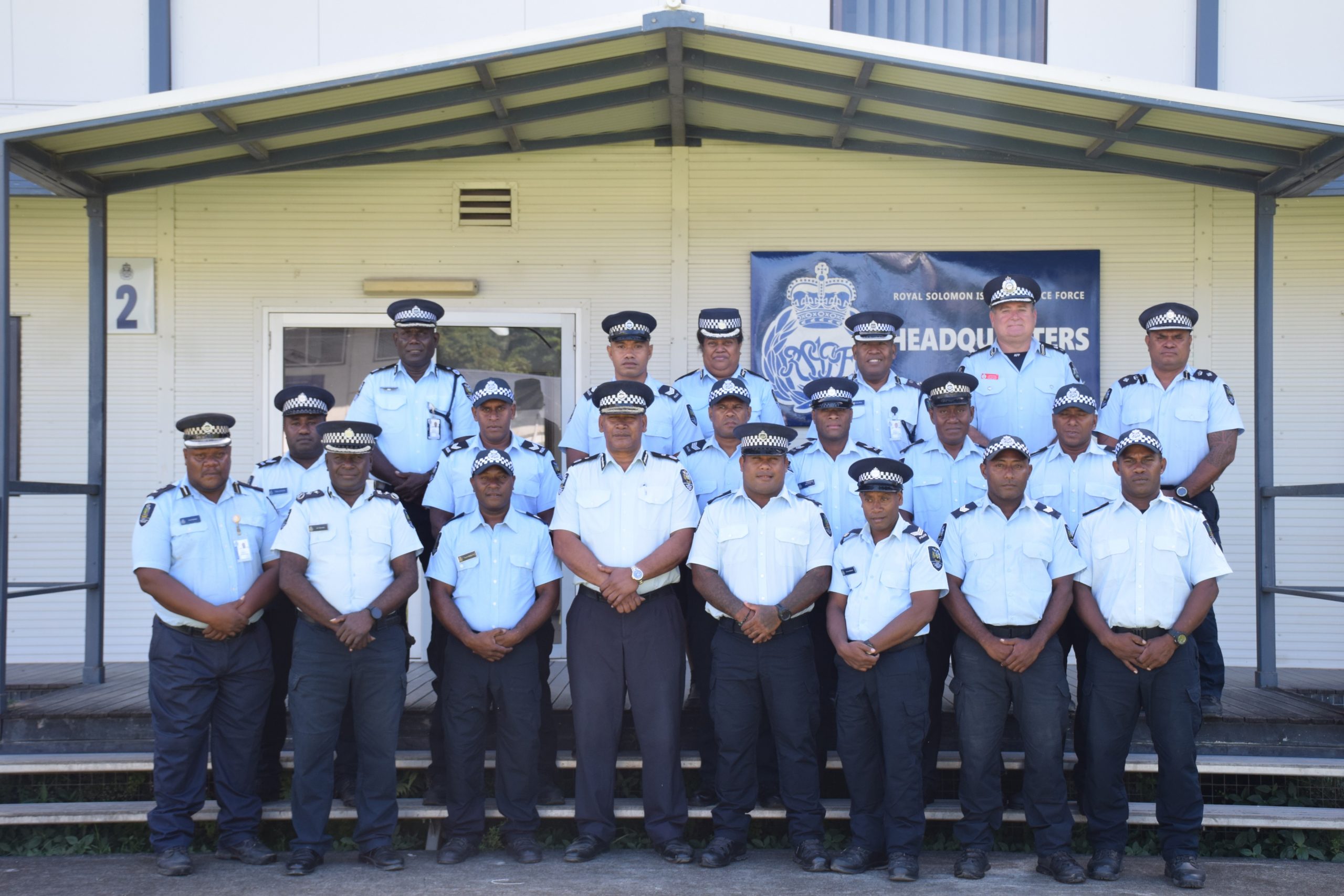THIS month, Australia is at a fork in the road and must choose a direction. Premier Li Qiang’s visit really could be the best thing to happen to Australia, leading to more investments, more trade and more global growth in partnership with the developing world, or it could lead to the worst possible outcome, Australia deciding to restrict Chinese trade and investment.
As a result of a great deal of misleading media, many people in Australia now view China negatively. It is considered either increasingly hostile, increasingly influential or increasingly belligerent, but there isn’t a single mainstream media outlet which provides an accurate description of what China is to Australia, an increasingly important trading partner.
There can be no getting away from it, China is increasingly influential – Africa, Latin America, ASEAN, RCEP members as well as BRICS and BRI are all indicators of this. Interestingly, none of those countries see China as hostile or aggressive yet, through its influential media, think tanks and even political rhetoric, Australia does.
Australia’s choice this month is critical; work with China or don’t. The status quo isn’t working out well with Chinese investments falling. At the very least, China is the second largest economy in the world, by some measure, the largest; it’s also growing while others are receding or stagnating. This can’t be ignored but more importantly, China’s trade with the developing world is growing significantly too; Australia has resources, minerals, fuels and expertise that those countries need.
According to the World Bank, Global climate and environmental concerns, can’t be addressed without China; global growth in developing nations can’t be achieved without China; and Australia’s economic future, if it is to avoid becoming a third world nation, is totally dependent upon China’s involvement and China clearly wants Australia to be part of this.
Yes, there were some headaches but putting lobsters aside, those headaches have been resolved – we could argue and debate whether China was right, wrong, too aggressive or Australia was too impolite to its largest trading partner but we can put them aside as they are now all addressed and look at the reality of Australia’s relationship with China.
Some Australians think China is a threat as it’s poised to invade Taiwan, we disagree, China has made no plans, no announcements and no threats, but the US intelligence community believe it “might” happen. CIA Director William burns said, without offering any explanation, that he has “intelligence” that this “may” occur before 2027.
We can come back and debunk this in 2028 but, let’s assume for a moment that his “intelligence” is correct and China does invade, blockade or in some way forcibly take over the island province. How does that affect Australia?
Taiwan is Australia’s 9th largest trading partner with 33.6bn in two-way trade. Even if the People’s Republic of China is in charge there, that won’t change, Taiwan will still purchase and consume Australia’s coal, gas, iron ore and beef, so it shouldn’t be a problem for Australia. Paul Keating pointed out that Taiwan is not of vital interest to Australia. Australia wouldn’t be worried if China took over Kazakhstan, Nepal or Bhutan, it’s even less of a concern if they took Taiwan which Australia even recognises as part of China! The official policy of Australia is adherence to China’s One China Policy and recognises China in the United Nations as the One China, with Taiwan as part of it.
Here’s something else we don’t know because mainstream media won’t tell us but if we look, we can find it on the DFAT China page: in 2023, Australia’s trade with China GREW by 9.2%. Two-way trade with Australia’s largest trading partner is now $326bn; 10 times that of Taiwan and the US. No doubt Premier Li will be reminding his hosts that this is the case.
If we ignore mainstream media and look once more at DFAT’s pages, we find something else that mainstream media consumers wouldn’t expect to see in an official Australian government page: Hong Kong, “enjoys a high degree of autonomy”. Hong Kong is Australia’s 15th largest trading partner and is a Chinese city. If Australia risks losing China, it may lose HK too.
Many commentators described AUKUS as Australia’s last most important decision and one which indicated that Australia has made its choice. Australia was “allowed” to pick either USA as its security partner, or China as its trading partner and it chose security.
We disagree, the decision comes now, Australia will hope to maintain a good relationship with China and China will be happy to grow that relationship but, as John Mearsheimer pointed out, the USA will not allow Australia to choose China for trade and US for security.
If we’re looking for real risks, here are two:
- the US, which sits at Number 5 on Australia’s list of trading partners is only 10% of Australia’s total exports and imports and cannot replace China as a major trading partner. As it stands right now, no other country in the world can;
- The US holds controlling shares in banks, retail, agriculture, minerals and resources as well as many other facets of Australian life. If that’s not a worry, then nothing is.
China holds less than 2% of all foreign owned assets and is declining – there’s no doubt China wants more but with USA and UK holding 46% of all foreign owned assets, there needs to be some changes and that’s what Premier Li will be seeking.
Realistically, Premier Li’s visit is a great chance for a reset. The consequences of choosing US security over China’s trade, is the potential loss of about 30% of all international trade. It may be true that Australia will gain an enhanced perception of safety from a perceived threat but, without China as their major trading partner, there will be very little left to secure; if there’s very little left to secure, the US investors will need to look at returns on Australian investments and, if they do that, it could mean a death spiral for Australia’s economy.
As hard as this might be for some Australians to accept, China isn’t a threat to the economy, it’s a lifeline, perhaps even a hostage rescue!
PRESS RELEASE
(Independent writer)













